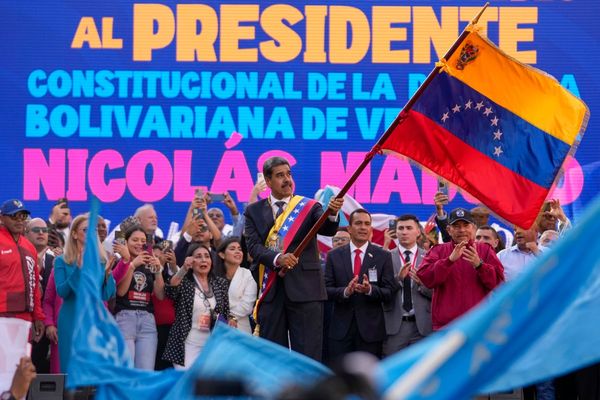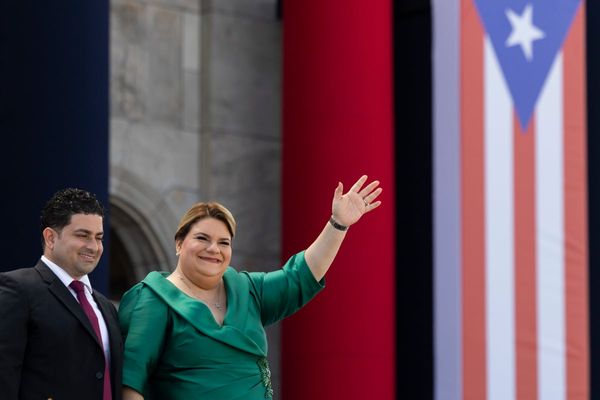Every global women’s sports competition is more than just a mere sporting spectacle. It is often in the vanguard of creating a more equal society, of seeking to eliminate outdated notions of male exceptionalism and nudging the world at large to embrace broader social reform. The FIFA Women’s World Cup, which ended on Sunday following Spain’s narrow 1-0 victory over England, forms a crucial part of this movement. Under the dazzling Sydney night sky, a whopping 75,784 fans at Stadium Australia witnessed Spain lift its maiden World Cup to join Germany as one of only two nations to have secured both the men’s and women’s titles. The Guardian reported that an average of 30,000 fans attended each match over the course of a month in Australia and New Zealand and nearly two million tickets — a record — were bought. These are astonishing numbers for a standalone women’s event, the kind of which has suffered from administrator and spectator apathy in the past. Much of it was down to the on-field excellence, with the likes of Spain’s Aitana Bonmati, the player of the tournament, Olga Carmona, who scored the winning goals for Spain in both the semifinal and final, Japan’s Hinata Miyazawa, the highest goal-scorer (5), and England’s Mary Earps, the best goalkeeper, mesmerising the audience.
The World Cup also showcased the wide geographic spread of women’s football. Where nations from Europe and South America have been the hegemonic forces among men, in the short nine-edition history of the women’s event, only four times have the winners come from these two regions — Germany twice, Norway and now Spain. In 2023, Germany, apart from being upset by Colombia, crashed out in the group stage. Japan, the 2011 world champion, hammered eventual winner Spain 4-0 in the preliminary round. Morocco made history by qualifying for the round of 16 while hosts Australia’s fourth-place finish was its best ever. Four-time champion United States of America, marshalled by the retiring star Megan Rapinoe, missed the podium for the first time, but it just proved the tournament’s overall depth in quality. As Marta, the legendary Brazilian who played her sixth and final World Cup, said, “When I started there were no idols in women’s football. Twenty years later, we have become a reference for many women....” To harness this positive energy, governing body FIFA has a lot of heavy-lifting to do. Addressing the massive remuneration gap between men and women — a World Cup prize money purse of $440 million against $152 million — can be a good start in the long road towards normalising sporting excellence by women.







